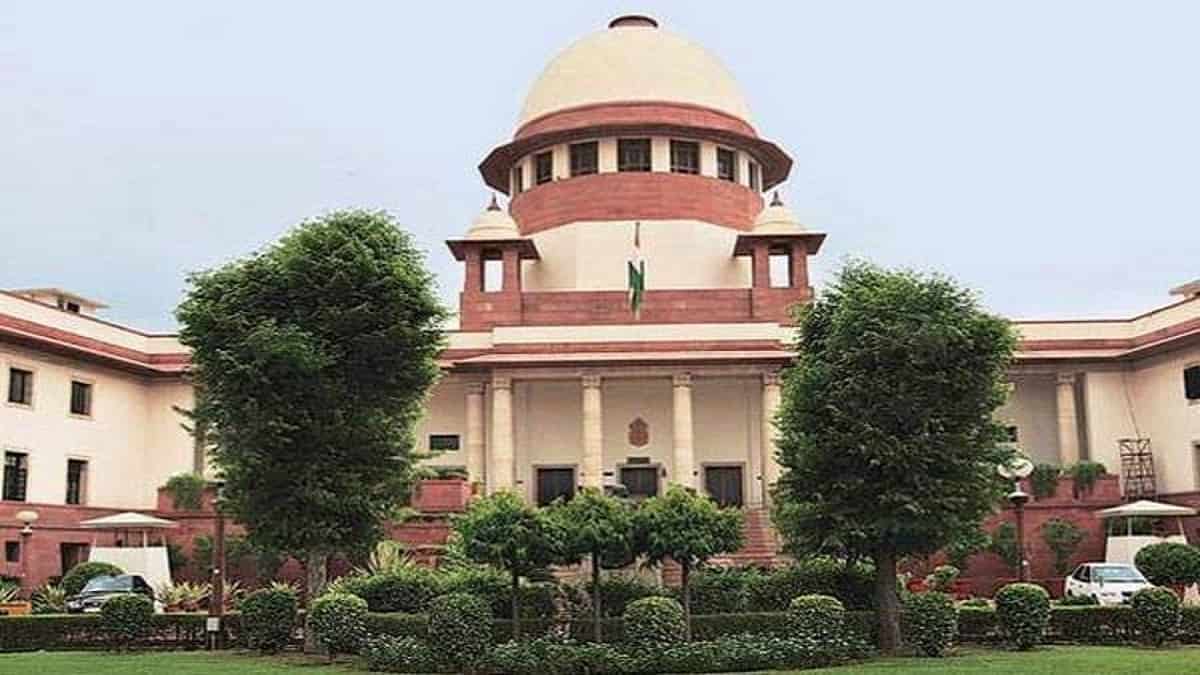New Delhi: Highlighting that chief election commissioners have not been given long tenures in the post-Seshan era, the Supreme Court on Tuesday said that it was a very disturbing trend since it destroyed the independence of the poll panel with its head unable to implement his vision and bring electoral reforms.
Successive governments have ‘completely destroyed’ the independence of the Election Commission of India (ECI) by ensuring no chief election commissioner (CEC) gets the full six-year term to head the poll body since 1996, a Constitution bench in the Supreme Court lamented Tuesday, adding the absence of a law for appointment of election commissioners (ECs) has resulted in an ‘alarming trend’.
The five-judge bench further remarked that the silence of the Constitution on how to pick CEC and election commissioners (ECs) has been exploited by political parties of all colours, giving rise to concerns if those appointed are expected to do the bidding of the dispensation at the relevant time.
“It’s a very, very disturbing trend. After TN Seshan (who was CEC for six years between 1990 and 1996), the slide began when no person has been given a full term. What the government has been doing is that because it knows the date of birth, it ensures that anyone who is appointed as the CEC does not get his full six years… Be it the UPA (Congress-led United Progressive Alliance) government or this government, this has been a trend,” said the bench led by justice KM Joseph.
It added: “In this way, the so-called independence, which is just lip-service, is completely destroyed… Particularly in view of the disturbing trend we have found… nobody can question them since there is no check. This is how the silences of the Constitution can be exploited. There is no law, no check. Everyone has used it to their interest… Pick up someone and give him a highly truncated tenure. He is obligated; does your bidding… we are not saying so but it looks like that.”
The top court’s strong observations on the absence of a law or regulations have come close on the heels of criticism by the government of the apex court’s own model of selecting judges for constitutional courts.
The bench, also comprising Justices Ajay Rastogi, Aniruddha Bose, Hrishikesh Roy and C T Ravikumar, said its endeavour is to put a system in place so that the “best man” is selected as the CEC.
The court pointed out that since 2004, no CEC has completed a six-year tenure. During the 10-year rule of the UPA, there were six CECs and in the eight years of the NDA, there have been eight. “The government is giving such a truncated tenure to the ECs and CECs that they are doing its bidding,” it said.
This comes after the centre strongly opposed a batch of pleas seeking a collegium-like system for the selection of CECs and election commissioners, contending that any such attempt will amount to amending the Constitution.








